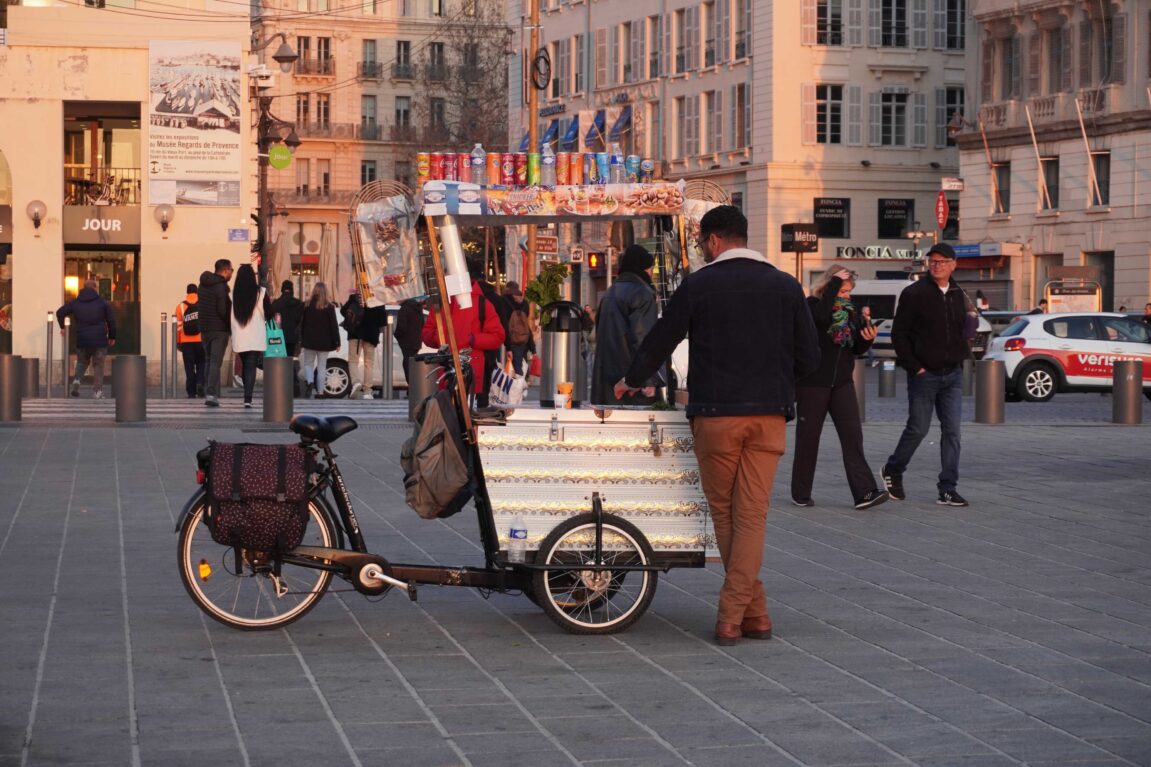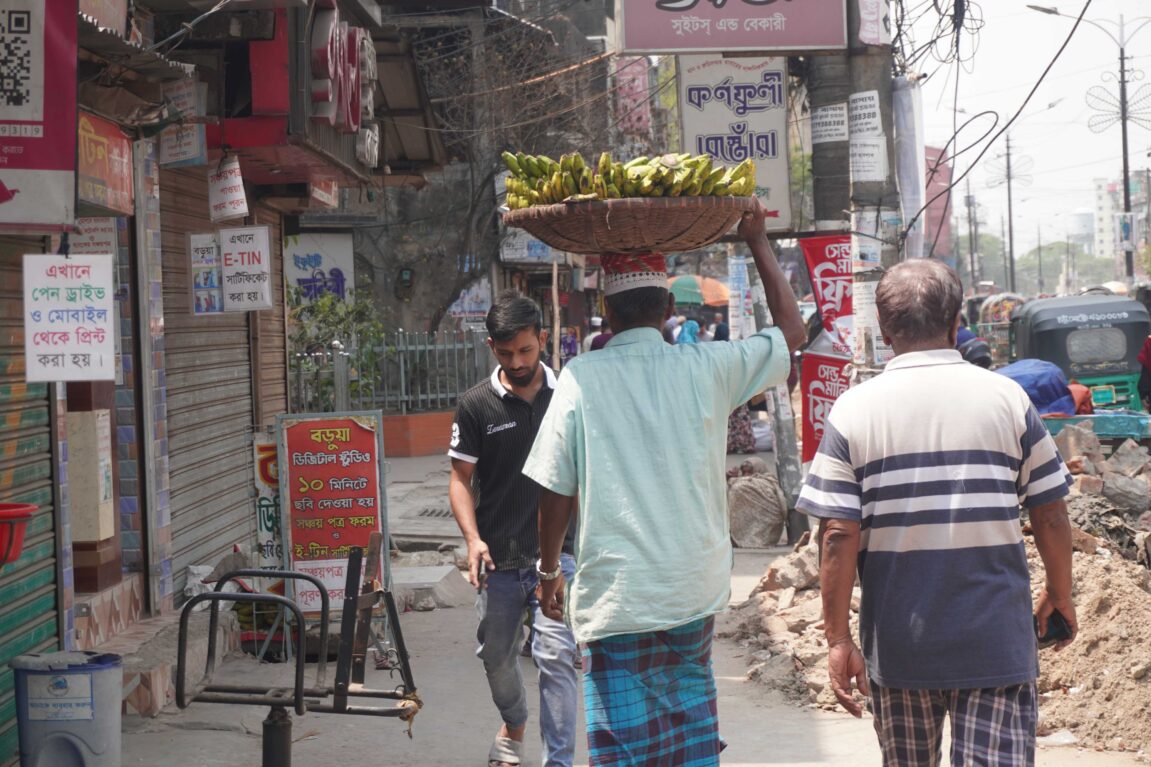Subscribe to our E-Letter!
Subscribe to our e-mail and stay up-to-date with news and resources from street vendors around the world.
What does tax justice look like for street and market vendors and in general for workers in the informal economy? Here are some critical considerations that can help guide a discussion.
A common misconception about informal economy workers is that they are not taxpayers, and are not contributing to the common welfare of their communities and countries. This cannot be farther from the truth. The informal economy employs the majority of the global workforce – and particularly in the Global South. According to the International Labour Organization “The informal economy comprises more than half of the global labour force and more than 90% of Micro and Small Enterprises (MSEs) worldwide”.
What does tax justice look like for street and market vendors and in general for workers in the informal economy? Here are some critical considerations that can help guide a discussion free of harmful stereotypes.

It is widely known that billionaires and the biggest corporations on earth are not abiding by fiscal discipline: not only do they benefit from tax cuts, but they also practice fiscal dumping – taking advantage of the lack of transparency and communication between authorities worldwide. According to Public Service International “Countries are losing US$492 billion in tax a year to multinational corporations and wealthy individuals using tax havens to underpay tax”.
A just fiscal law, in any country, is meant to be progressive: those who earn more, or who have more wealth at their disposal, are obliged to contribute more to the welfare of the society.
A commonly held perception is that street and market vendors are illegal or criminal workers. The truth is that in a lot of cases, informal traders pay a number of fees that range from direct taxes, to local permits and licenses, to the VATs on the goods they sell. One widely known example is from Uganda, where a research compiled by Pimhidzai & Fox found out that “microenterprises pay taxes — albeit not to the central government but to local governments in various fee payments”. Another striking example comes from an Oxfam report published in 2023, titled “Survival of the Richest”. In this study, researchers point out that Elon Musk, the richest person on the planet pays a little over 3% of tax on his profits, compared to an informal trader from sub-saharan Africa, who pays around 40%, not through a national income tax but mainly through market fees collected at local level.
The result, indicates the research, is a regressive model that deprives the poor of resources. Examples should push policymakers to rethink taxation models for those who live at the bottom of the economic pyramid, including informal economy workers, in the direction of true progressiveness.
Tax harassment is particularly prevalent in the informal economy: taxes and fees are collected in person or directly at workplaces, often by corrupt officials and accompanied by high levels of violence against the workers. There are cases where tax collection becomes overtly political, with “unofficial tax exemptions” used as tools of pressure against workers, especially the most marginalised groups, such as migrants. Extortion by organised crime and against political opponents are also quite widespread. This is another way through which informal traders end up paying a larger share of their earnings to the state, without receiving services in return.
Tax harassment is very common also among cross border traders, at the hands of customs authorities. According to Amnesty International, cross border traders are routinely exposed to bribery, extortion and arbitrary taxation. This impacts specifically the women, who are subjected to various forms of violence (economic, physical and sexual), at the borders. This point has been also highlighted during StreetNet’s research and project development in the field of ICBT.
Redistribution plays an important role in tax justice. Various studies have highlighted how tax compliance is closely linked to the perception of fairness and transparency of the overall fiscal system. According to a research undertaken by WIEGO in Accra, Ghana, informal economy workers are less inclined to pay taxes to the local government as they did not see any service or benefit in return.
The lack of reinvestment in the communities and welfare of the workers of the tax revenues is another element that should be taken into account. Reinvestment of tax revenue, especially at local level, can look like market maintenance, health and safety standards, better services such as sanitation, electricity and clean water.

For street and market vendors, tax justice means more than just paying their dues; it is about creating a fair system that acknowledges their contributions, protects their rights, and reinvests in their communities ensuring their safety. The first step is acknowledging the contribution of workers in the informal economy (who are, according to the most recent data, around 60% of the global workforce) to the prosperity of their countries and stop demonizing workers trying to make a living while the real tax evaders are not held accountable. Only then can a truly just and inclusive taxation system emerge, and a just transition to formality become a reality.

By entering your personal data and clicking “Suscribe,” you agree that this form will be processed in accordance with our privacy policy. If you checked one of the boxes above, you also agree to receive updates from the StreetNet International about our work